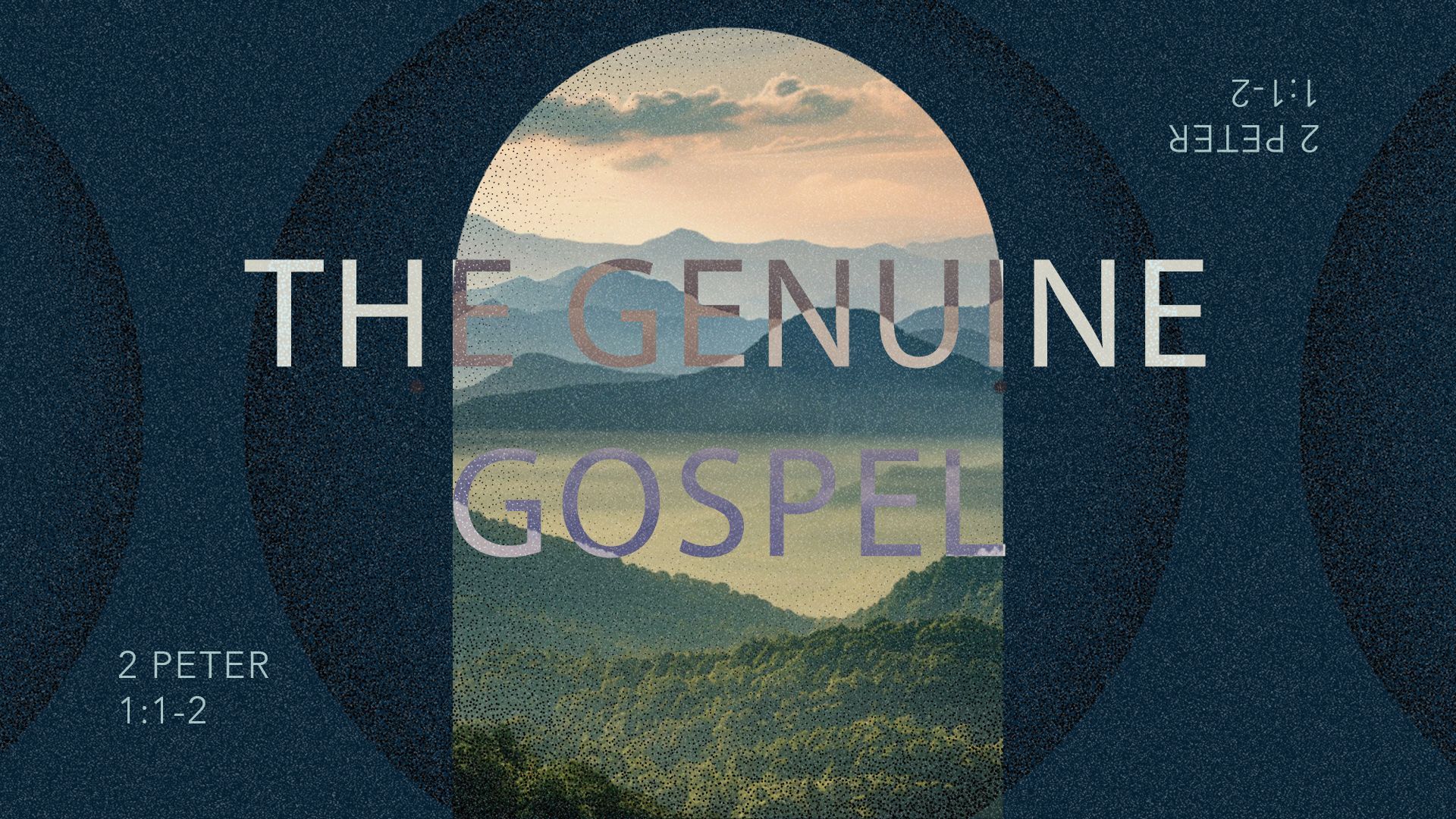The Dividing Line
Summary of sermon on Matthew 25:31-46 from Pastor Ky Martin.
There is no greater dividing line than when Jesus separates the sheep from the goats.
This is the most consequential and cosmic dividing line that every single one of us will eventually face.
The context of this passage comes three days before Jesus’s crucifixion. This is the last of a long monologue answering the question about end times. There is a picture of all of Heaven and all of Earth being present for this event. There is no middle ground; everyone will be designated either a sheep or a goat.
We can make several observations about this text:
(1) The sheep are followers of Jesus.
He refers to followers as “The righteous” and his brothers. We are able to be considered one of his brothers because of what he did for us through His work on the cross.
(2) The sheep are recognized by how they treated the least among the sheep.
We often think of the “least of these” as the poor or hungry, but in this context he says the “least of these” are among the sheep.
Why judge based on that?
- How we treat our own is the greatest litmus test of our hearts.
- It Identifies them as part of Jesus’ bride, the church, and this was in contrast to the Pharisees.
(3)The sheep receive an inheritance.
The sheep are told to “come”; a nearness that did not exist before. They will “Inherit” a kingdom that He has been building since before the foundation of the world. This has always been the plan even before we were born.
(4) The goats are cast out.
There is a warning for us here in handling passages we do not like, so we have to remember God’s authority. This is eternal punishment. The goats are sent to a place prepared not with them in mind. They are judged for their passivity.
Application
(1) How we treat Christians in need is of utmost importance.
It is the indication of whether we are sheep or goats. Notice that many of the followers were poor, oppressed, imprisoned, and derided. And it is how they were treated that is the key. It is not the treatment of the sheep who were warm and well fed that was evaluated, but how the least of these were evaluated.
We can celebrate how we have done this at Crosspoint:
- Thirsty: Bucket Ministry
- Hungry: Helping hands / Soup Mobile. Small Groups.
- Stranger and you welcomed me: Greeting team. Launch Box.
- Prison: Paul. Global Advance ministry
We can also ask how can we grow in this area by asking ourselves the following questions:
- What are you doing to minister to and alleviate the sufferings of Christians in need?
- Are you moving towards leveraging your time and your resources towards helping Christians who are in need?
- What needs have you stepped up and met within our own body?
- Can someone say, “I’m so thankful that the _________ s are at our church, because they___________”.
- Which direction do your kids see you moving towards, bigger, better, nicer? Or do they see you looking to meet needs?
(2) Jesus identifies with the sufferings of his sheep.
“God was happy without humans before they were made; he would have continued happy had he simply destroyed them after they had sinned; but as it is he has set his love upon particular sinners, and this means that by his own free voluntary choice, he will not know perfect and unmixed happiness again till he has brought every one of them to heaven. He has in effect resolved that henceforth for all eternity his happiness shall be conditional upon ours.”
- J.I. Packer





